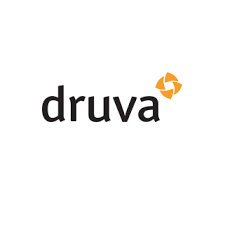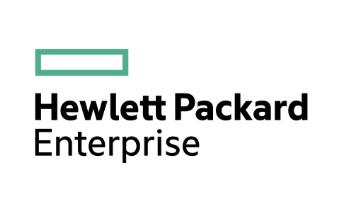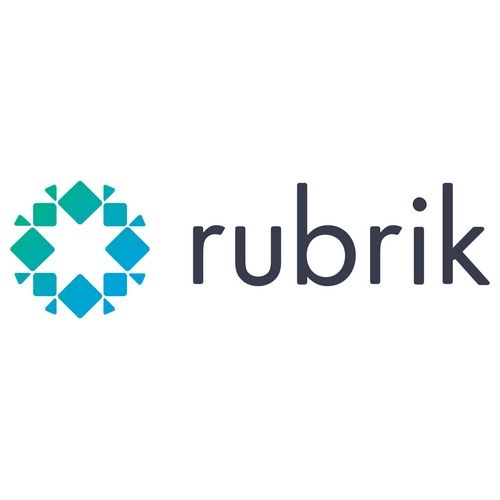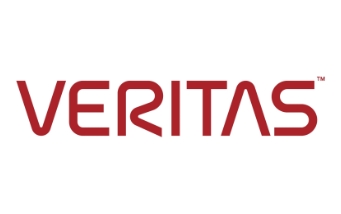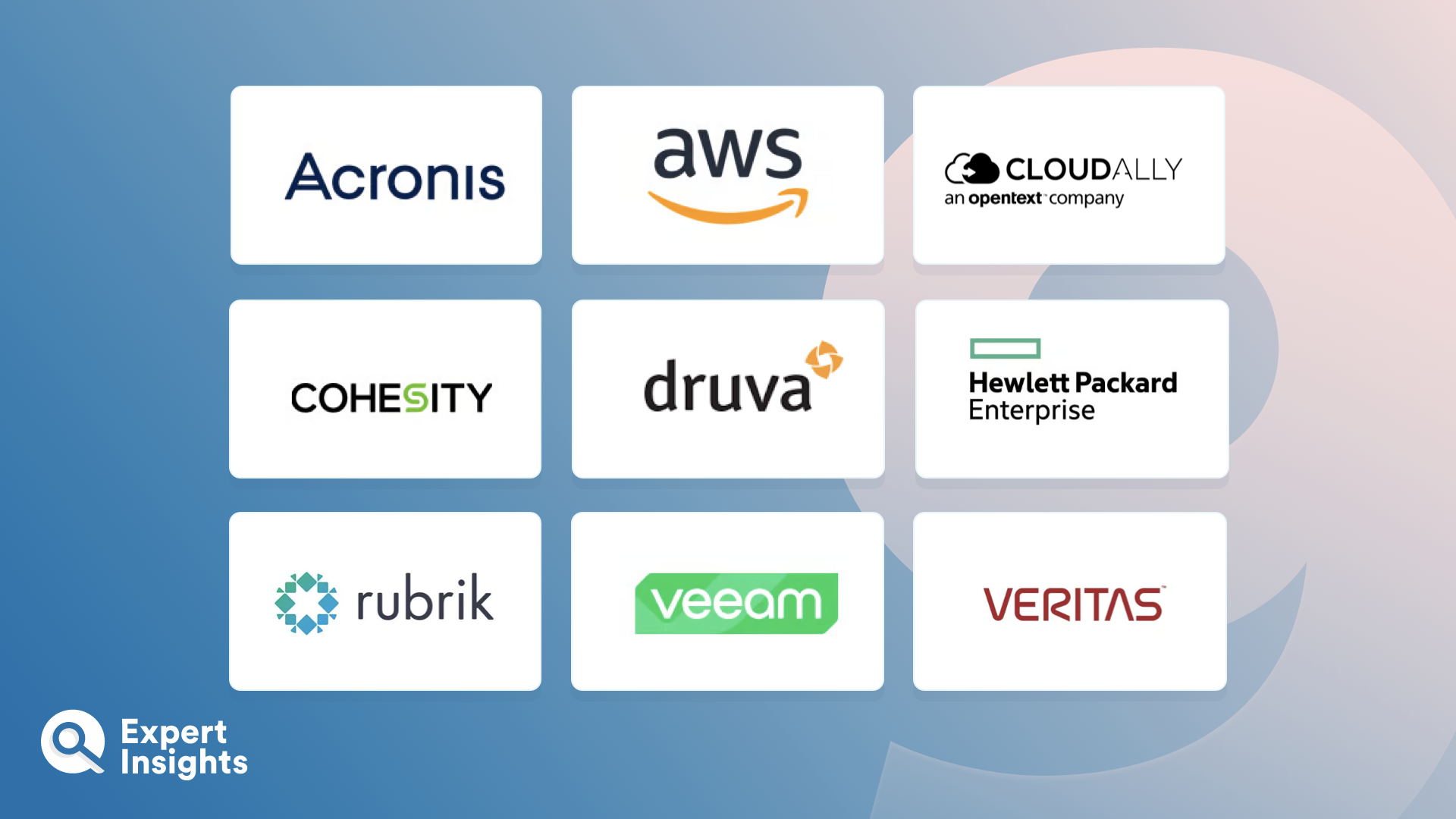Everything You Need To Know About Backup As-A-Service Solutions (FAQs)
What Are Backup As-A-Service Solutions?
Backup as-a-Service (BaaS) solutions are managed platforms that securely store regular data backups for your organization. Data is stored in a secure, third-party repository. This is typically cloud-based, but can be on-premises, or in a hybrid storage configuration. Data backups can be broad and could cover anything from backups of Microsoft 365 data, endpoint devices, files and images, or even entire network infrastructures, application workloads and data sets. Data stored in a BaaS solution should be regularly backed up, with the frequency of backups determined by your specific organization requirements.
It’s critical that all organizations have a robust disaster recovery and continuity plan, of which data backup has an integral part. Data loss or application outages can be hugely expensive, time consuming and lead to severe business disruption. Data loss can also lead to compliance violations in regulated industries, which can again be very expensive and damaging to brand prestige. With cyber-crime such as ransomware on the rise, having a comprehensive backup plan in place is very important for teams of all sizes.
BaaS has many benefits over running your own backups internally. It is typically more cost effective than running your own data storage, much easier to support and manage, and often solutions have expert support teams on hand to help you recover data when required. As third party tools, they are also more resilient to attacks like ransomware, which could impact your entire network, and jeopardize internal recovery plans. Typically, pricing is based on data storage usage, or on a per-user level.
How Do Backup As-A-Service Solutions work?
Backup-as-a-Service tools integrate with applications, endpoints, and web accounts. This integration process will vary based on specific accounts and services being set up. For a typical cloud application, such as backing up Microsoft 365, the integration will take place via an API, and can be as quick as just a few minutes. Once the initial integration has taken place, admins must decide where the data will be stored and configure policies around how often backups will be taken. For some backup services, there may be more granular policies, such as specific apps or user groups.
Once the initial deployment process has been finalized, the BaaS service will take regular backups of your organization’s data. Backups may be full backups of all data, differential (just covering changes since the last full backup was taken), or incremental (only covering data that has changed since the last backup). Data is typically stored in a secure, encrypted repository and cannot be accessed unless restored. This is typically in the cloud, but could also be on-premises, or hybrid.
If a disaster occurs, admins should be able to quickly retrieve and restore data from the backup service. An important consideration to make is the granularity of the backups. For example, when restoring Microsoft 365 data, you may wish to restore just one user group or file structure. In the case of a ransomware incident, you may wish to restore a full network backup, before the point of the malware infection.
What Features Should You Look For In Backup As-A-Service Solutions?
When choosing a BaaS solution, it’s important to consider your organization’s use cases and compliance requirements for storing data. Key questions to consider concern where your data needs to be stored, how frequently backups need to be made, and cloud vs on-premises storage options.
Key features to consider when choosing a data backup as-a-service solution include:
- Backup Frequency: Consider how often you need to back up your data, daily, weekly, hourly, etc. Also consider how much data is backed up every time, for example full daily backups, vs. incremental updates.
- Deployment: Ease of deployment for your applications and files is a key consideration. Deployment plans should be clear and straightforward, with confidence your original data will be kept secure at all stages.
- Recovery Plans: It’s important to have a clear disaster recovery plan in case things do go wrong. Ensure that backups are easily accessible and can be quickly rolled out when needed. Consider granular recovery options, for example if a specific file group needs to be restored.
- Security and Encryption: Ensure your backup provider is a reputable vendor with strong security controls, such as 256-bit encryption, multi-factor authentication, and user-based access controls.
- Data Compliance: It’s important to demonstrate compliance with general regulations such as GDPR. Organizations in regulated industries may also need to cover industry specific data protection protocols such as PCI-DSS. Ensure your backup provider meets your data compliance requirements.
- Data Storage Options: Consider your data storage requirements. Enterprise backup and data protection solutions may offer a range of cloud and on-premises storage options. It’s also important to consider where data will be stored geographically. For example, European businesses may wish to ensure cloud data is stored within EU-based servers.







